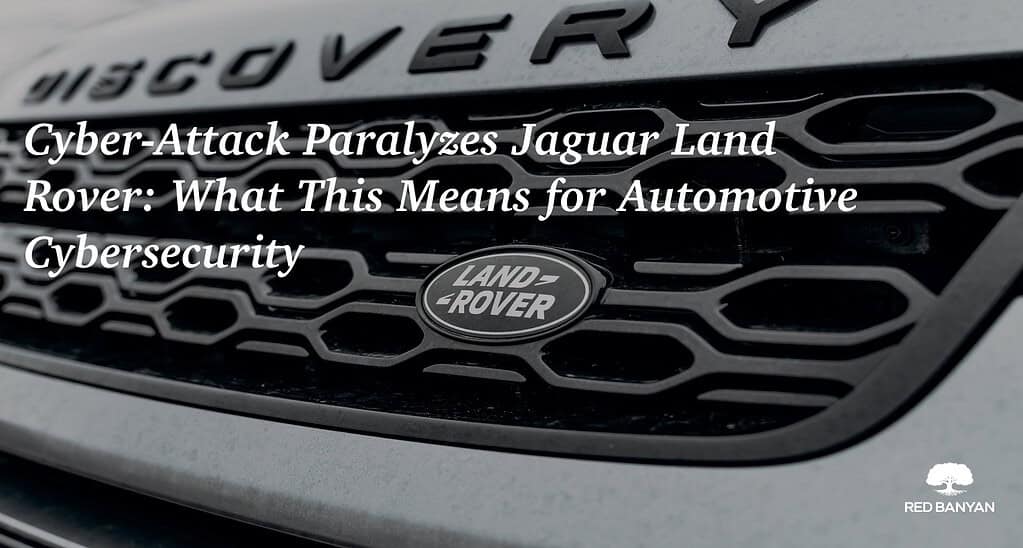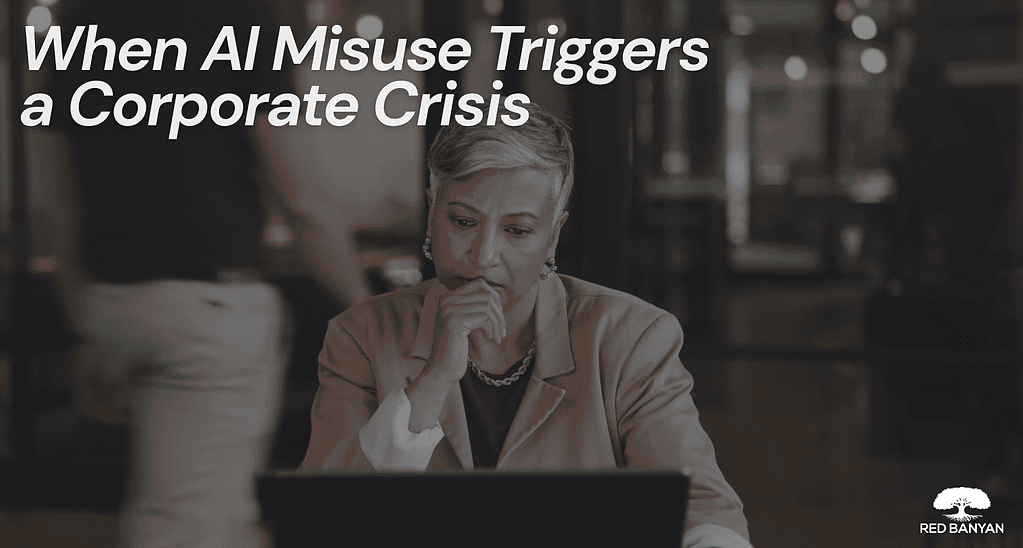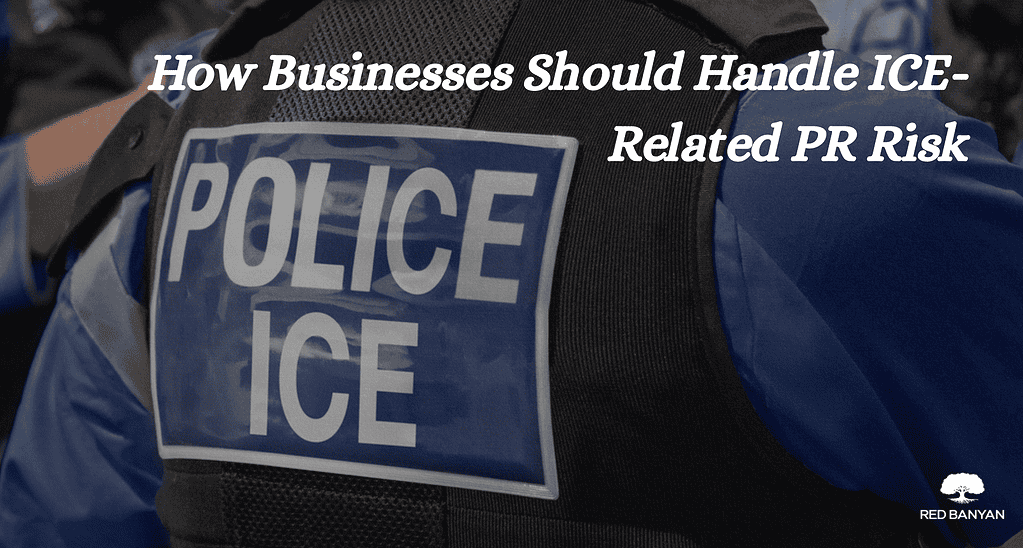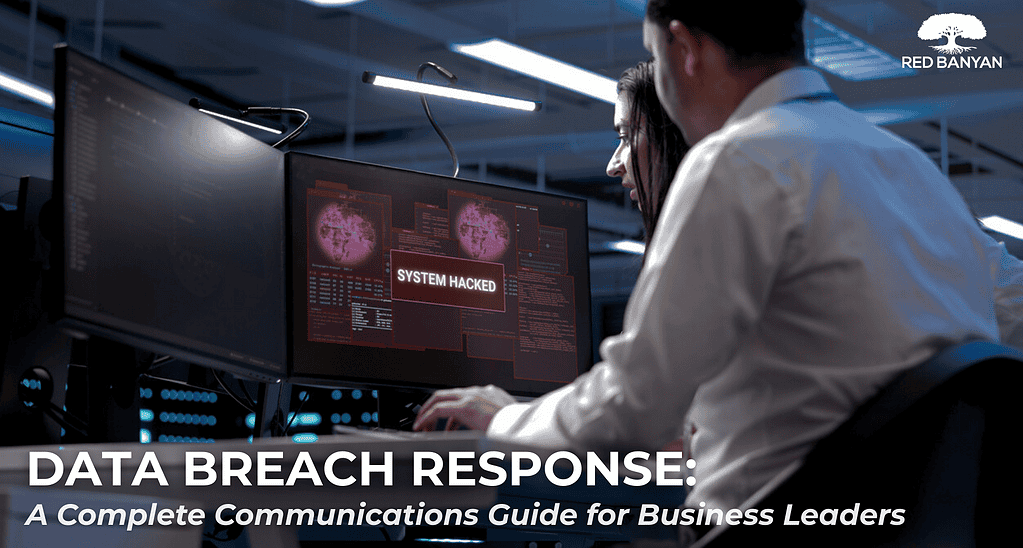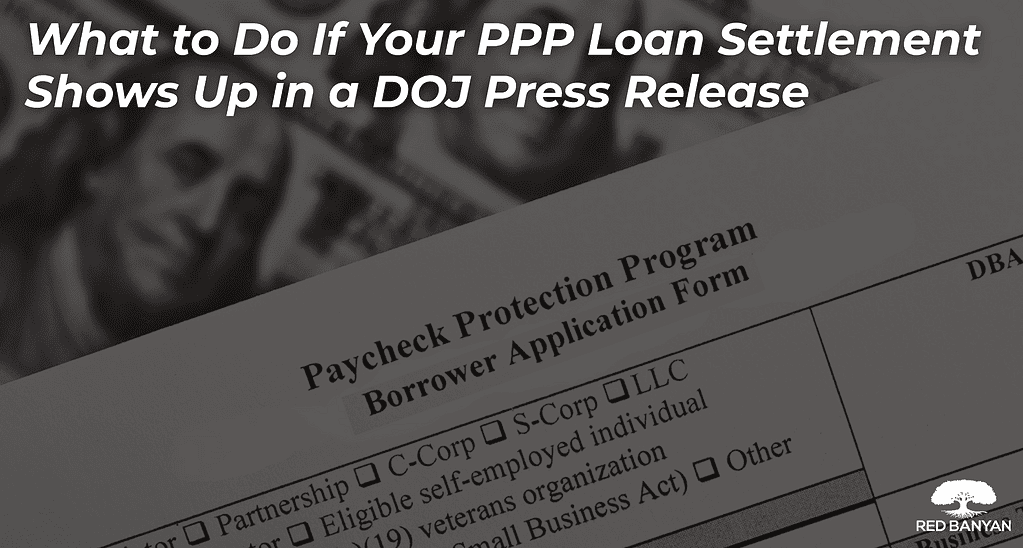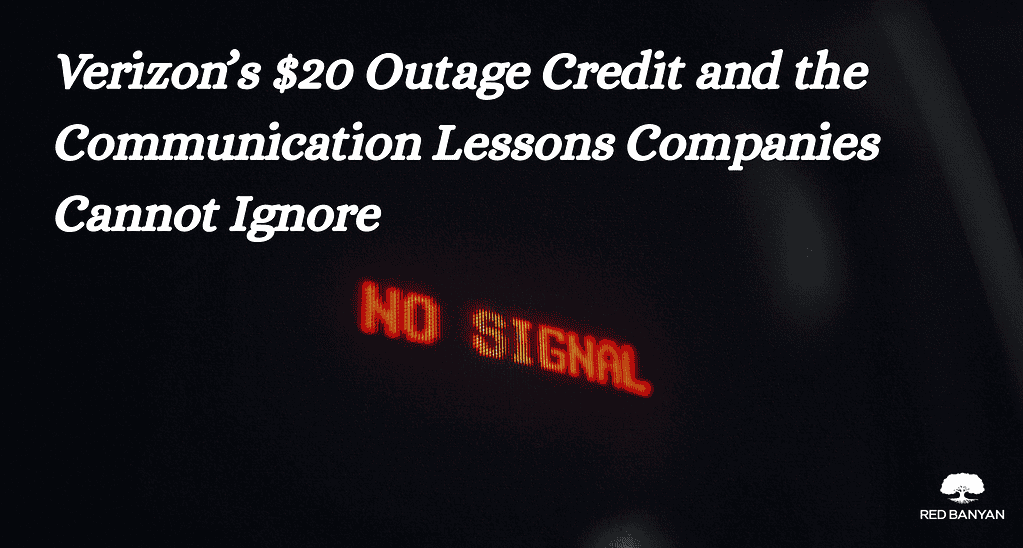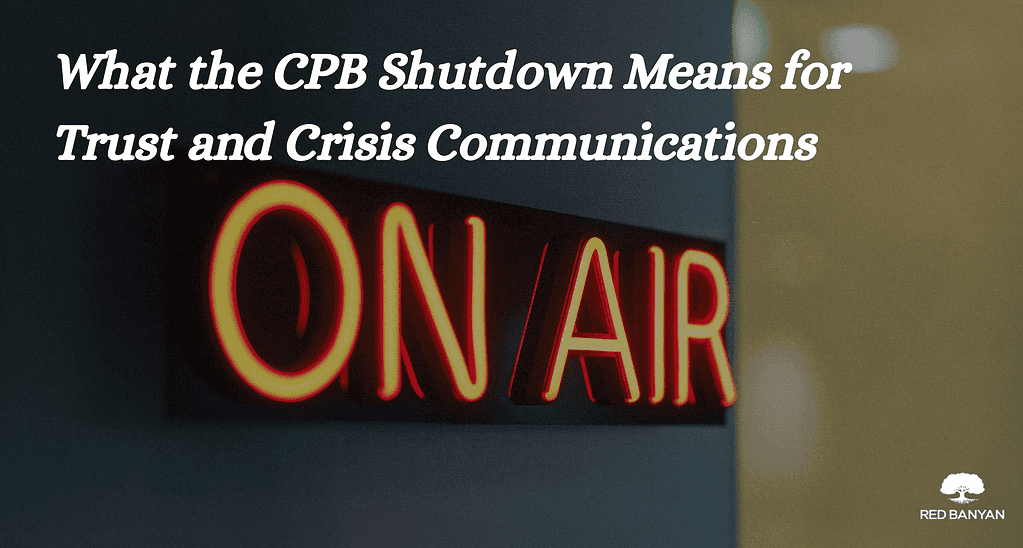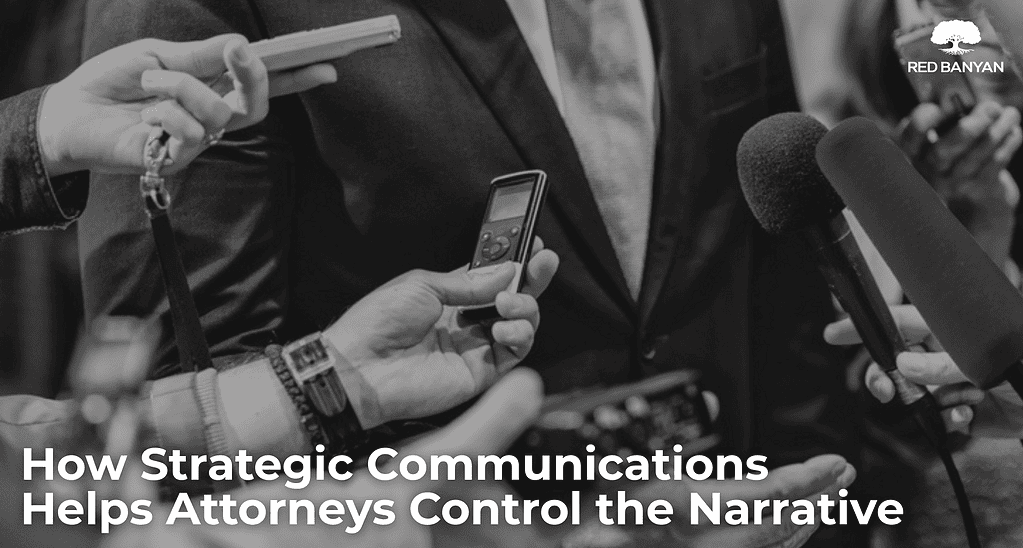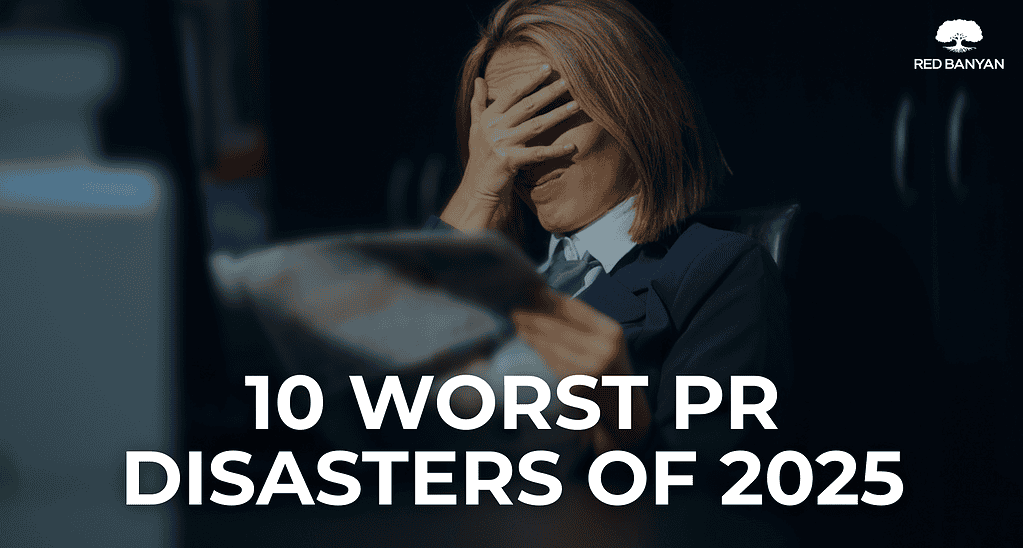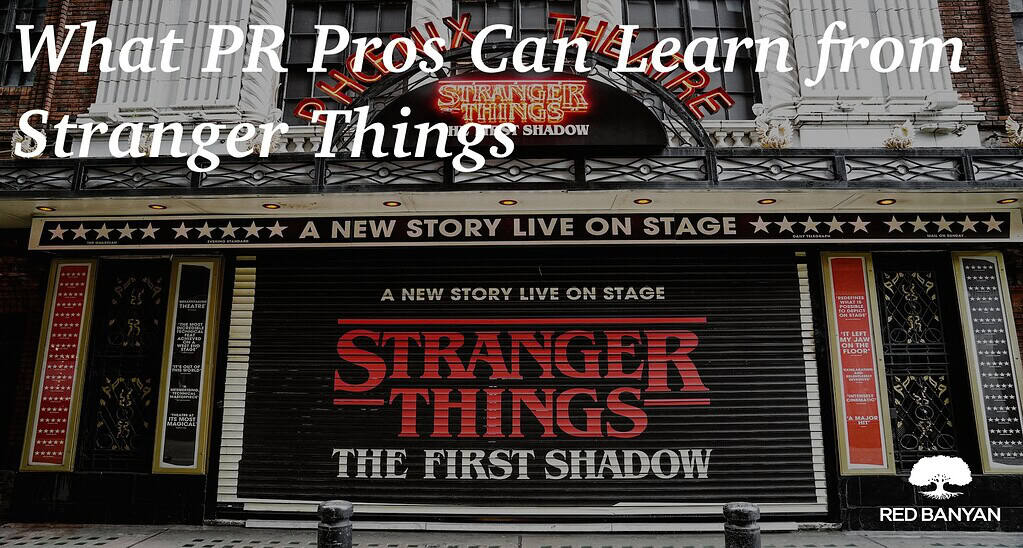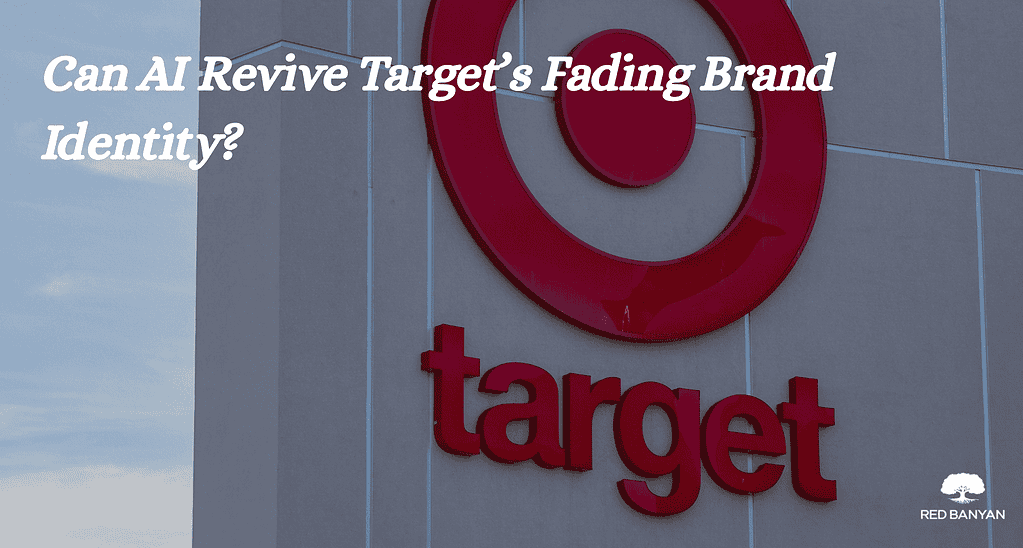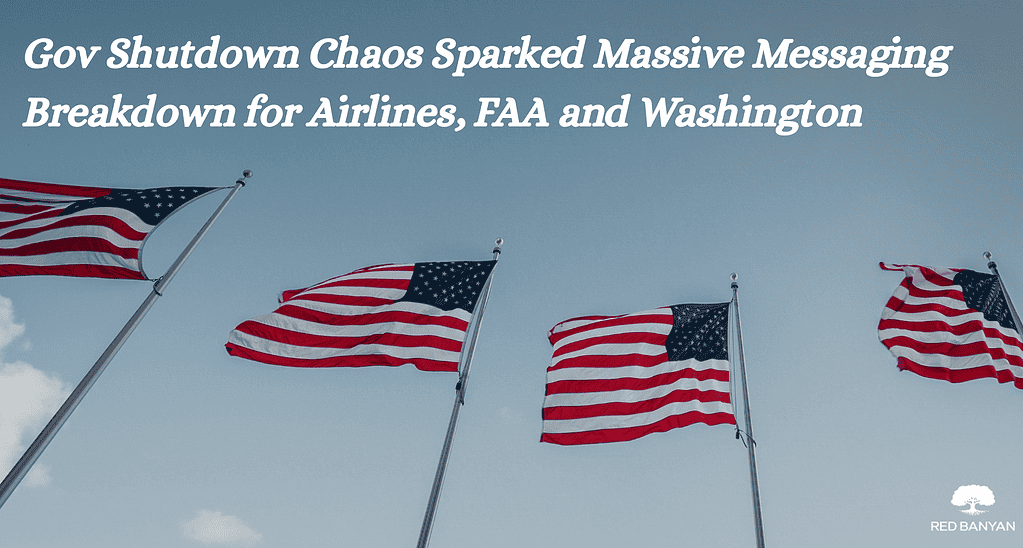Production Frozen, Retail Operations Crippled
Jaguar Land Rover (JLR), the UK’s largest automotive manufacturer, has become the latest victim in a growing trend of cybersecurity attacks that threaten global supply chains. A sophisticated cyberattack forced the company to shut down its IT systems, halting production at key facilities in Solihull and Halewood and freezing vehicle registrations at dealerships.
The breach coincided with a peak sales period, the launch of new UK license plates, exacerbating the financial impact. Dealerships were unable to register or deliver vehicles, highlighting the severe operational consequences of a ransomware attack on manufacturing systems.
This attack is a glaring example of how cybersecurity threats are no longer isolated to back-end systems. They now have the power to grind entire operations to a halt, costing millions in lost productivity, damaging long-standing customer relationships and inevitably impacting brand reputation.
Brand Damage Is the Real Casualty
While JLR acted swiftly to contain the incident, the real damage lies in brand reputation. Consumers may not fully understand technical details, but they recognize poor crisis communication. In cybersecurity crisis management, perception often outweighs the actual breach when it comes to long-term trust.
JLR’s decision to shut down operations was a smart move that likely prevented greater damage. Still, every hour offline is costly, analysts estimate more than £1.6 million per hour lost in production. The takeaway for other organizations is clear: a strong data breach response strategy must include not only technical protocols, but also a robust communications plan.
Cybersecurity Is a Boardroom Priority
Automakers can no longer afford to treat cybersecurity as a siloed IT concern. It has become a board-level issue. The challenges of protecting customer data, production lines, and brand equity requires top-down commitment and ongoing investment in both infrastructure and people.
Executives must understand the importance of adhering to crisis communication best practices after a cyberattack. That means having a cyber incident response team, running simulations, and ensuring leadership can speak clearly and credibly when communicating with stakeholders.
Technology and Risk Are Intertwined
As the automotive sector embraces software-defined vehicles, IoT connectivity, and autonomous systems, cybersecurity protocols for the automotive industry must evolve. Vehicles are now mobile data hubs, and that transformation comes with increased vulnerability.
The JLR breach proves that digital transformation cannot outpace digital risk management. Preventing operational shutdowns from cyber incidents is no longer theoretical. It is a day-to-day necessity for companies operating in connected, data-driven environments.
A New Era of Crisis PR
Crisis communication is no longer a back-office function. In today’s hyper-connected world, brands must respond in real time, across multiple platforms, and in ways that reassure customers, employees, and investors.
How companies should respond to a cyberattack is now a matter of public expectation. Stakeholders want transparency, accountability, and urgency. Managing brand reputation during a tech-related crisis means getting in front of the narrative, not hiding from it.
The Jaguar Land Rover cyberattack marks a turning point. It’s a clear signal that companies must align cybersecurity defenses with strong, tested communications strategies.
From ransomware protection to reputation management, the ability to withstand a breach now depends on how well an organization prepares, communicates, and recovers. The auto industry, and all industries leveraging advanced tech, must recognize that the future of cybersecurity includes public perception as much as backend protection.
In this new era of advanced threats, digital infrastructure security and real-time response strategies for enterprise cyberattacks will define who leads and who falls behind. Companies must be proactive, because in the wake of a breach, silence is not an option and delay is a disaster.
In today’s high-stakes digital climate, partnering with experienced crisis PR firms like Red Banyan is essential for managing reputational risks, media scrutiny, and real-time damage control during cybersecurity incidents.

